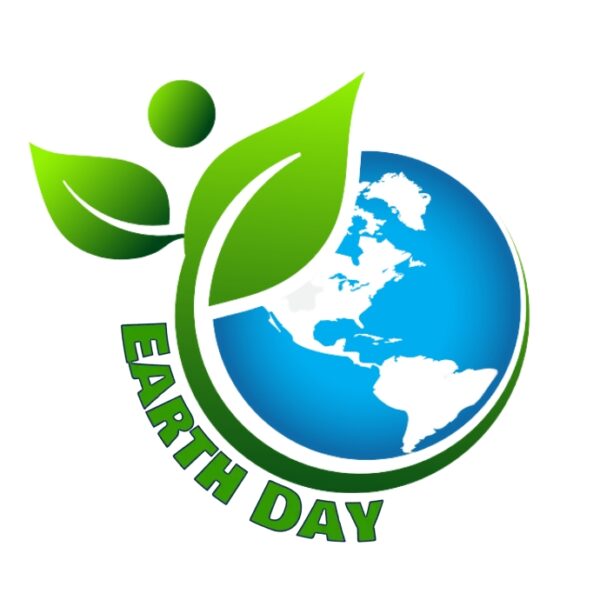
Earth Day is an annual day to pause and reflect about the state of our ecological well being, a day to get busy and do something that helps the planet, and a day that has a long history and that has survived for the past 54 years without losing momentum. That’s pretty remarkable and a testament to our human capacity for caring and for hope. Today, this Earth Day, in our area we are enjoying a brilliant blue sky spring day which nurtures in us a desire to be outside and enjoy it. Hopefully many of you have had that opportunity. But whatever you are doing, if you took even a moment to reflect on your own actions and your commitments to making a cleaner, safer, healthier planet then you did good. Every day is Earth Day – today is just a day to acknowledge it.

Earth Day was imagined in 1970 when there was a movement across the world to reverse bad practices in our environment and especially take a hard look at how industrialization had affected us. Following the publishing of Rachel Carson’s ‘Silent Spring’, which in particular highlighted the devastating effects of DDT on wildlife, people started looking deeply at choices we were making as a society involving farming, marketing, manufacturing, fishing, and all the human endeavors that keep us fed, prospering, and growing. Growth can come at a price though and the reality is we have not resolved everything that has been harmful to our environment. The more recent identification of a rubber tire preservative, 6PPD, that interacts with ozone pollution to create 6PPD-q which is highly toxic to fish, and has been deadly for our Pacific Northwest Coho salmon and by extension Orca whales, is an example of what we did not know. There are many such cases of unknowns we are still trying to sort out. Fifty four years after the hope and energy that created Earth Day celebrations, protests, marches, and educational events finds us still working on cleaning up our home. The truth is that we are all participating in pollution events and we all need to learn what we can do individually to minimize how we contribute. We can be civically minded and get involved in policy work, we can work for companies that are part of the pollution stream and help change them, and closer to home we can make individual choices that add up and collectively reduce pollution sources by how we choose to live.
At the Garden Hotline we help by focusing on gardening practices that renew, energize, cleanse, and support healthy environments and plants. Our mission is to support gardening activities and education that helps you to keep local waterways clean, soil well drained and not full of pollutants, to minimize pesticide use, even of soaps and oils, in order to protect our pollinators and other beneficial insects. We often teach classes in the community that help you learn how and in those classes tell you that what you can do as an individual gardener matters, that it adds up and synergizes with what others are doing. We share that connecting corridors of natural gardens will help wildlife thrive, that soil is alive and it is the interactions of the micro and macro organisms in the soil with soil properties and plant roots that keeps plants healthy. We teach that building habitat is our ultimate goal even if the short term goal is to have a flower to cut and put in a vase in your home. We are interconnected, our plants are part of an environment and this environmental movement that brought us Earth Day in 1970 is a web of energy that feeds our spirit like sunshine feeds plants and allows them to photosynthesize. We encourage you to be part of it. At the very least, grow a plant, or go bigger and use natural, slow release fertilizers, minimize water use, stop using pesticides, encourage pollinators and birds (and snakes and bats and flies and beetles), and pay attention to the choices you make when you garden. We will help you! The Garden Hotline has spent the last 25 plus years encouraging residents in the Pacific Northwest, and beyond, to care, to learn, to grow, and to wonder at the marvel that is our natural world. Let’s keep it healthy and alive, together.
More resources are found throughout this website including upcoming free classes and free brochures you can download to read on healthy gardening practices. Call us if you would like a hard copy of something.
Garden Hotline Classes and Events